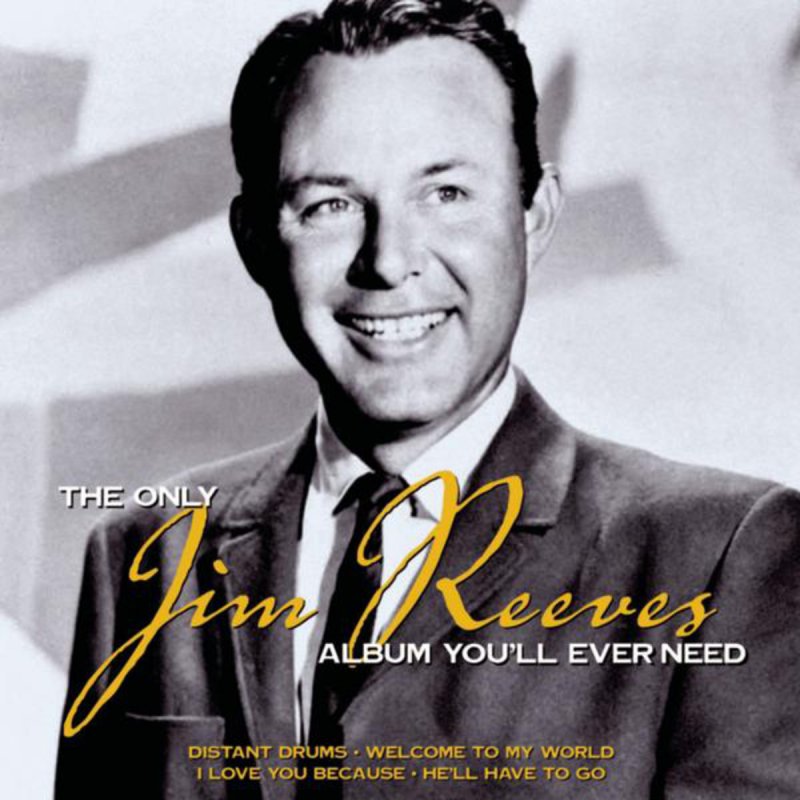
The Echoes of Longing and Loss in “Distant Drums”
There is something eternally evocative about the stirring resonance of “Distant Drums” by Jim Reeves. Released posthumously in 1966, this song quickly ascended to the top of the UK Singles Chart, securing its place at number one for a total of five weeks. It was a profound achievement, underscoring not only the enduring appeal of Jim Reeves but also the timeless quality of the song itself. For those who lived through that era, and even for those who have discovered it since, “Distant Drums” is much more than just a melody; it is a poignant reminder of the inexorable passage of time and the universal experiences of longing and loss.
The story behind “Distant Drums” is one that intertwines with Jim Reeves’ own legacy. Although he recorded the song in 1963, it was not released as a single until two years after his untimely death in a plane crash in 1964. This delay imbued the track with a haunting significance, as listeners were acutely aware that they were hearing the voice of an artist who had already passed beyond the veil. The posthumous release served to amplify the song’s themes, making it resonate with an audience still grappling with Reeves’ sudden absence.
At its core, “Distant Drums” speaks to the sense of duty and sacrifice that accompanies love in times of war. The lyrics, penned by Cindy Walker, convey a narrative of a man facing the heart-wrenching decision to leave his beloved in order to answer the call to arms. It captures that universal moment when personal desire must yield to greater responsibilities—an emotional terrain familiar to anyone who has ever had to choose between love and duty.
For many older listeners, “Distant Drums” invokes memories of personal or familial experiences during wartime. It echoes the stories told by grandparents and parents, bringing forth images of long-ago partings on train platforms or doorsteps as young men went off to serve their countries. These are memories steeped in sepia tones, filled with letters home and whispered promises that transcended distance and uncertainty.
Jim Reeves’ rich, velvety voice lends an aura of warmth and sincerity to the song, enhancing its nostalgic pull. His smooth baritone wraps around each word with an intimate familiarity that invites listeners into a shared emotional journey. The musical arrangement complements this perfectly, with its gentle guitar strumming and subtle orchestral flourishes creating an ambiance that is both tender and reflective.
As we listen to “Distant Drums,” there is a sense that we are not just hearing a song but participating in a communal act of remembrance. It calls us to reflect on our own lives—the choices made, the loves cherished and sometimes lost, and the inexorable march of time that leads us all forward. For those who experienced its initial release, it remains a touchstone for revisiting their own pasts; for newer audiences, it offers an entryway into understanding the emotional landscapes navigated by previous generations.
“Distant Drums” endures because it speaks to something fundamentally human—a recognition that while time may pass and circumstances change, certain emotions remain constant. In this way, Jim Reeves’ legacy continues to beat like those distant drums, echoing across time and space to reach us all where we are most vulnerable: in our hearts.
